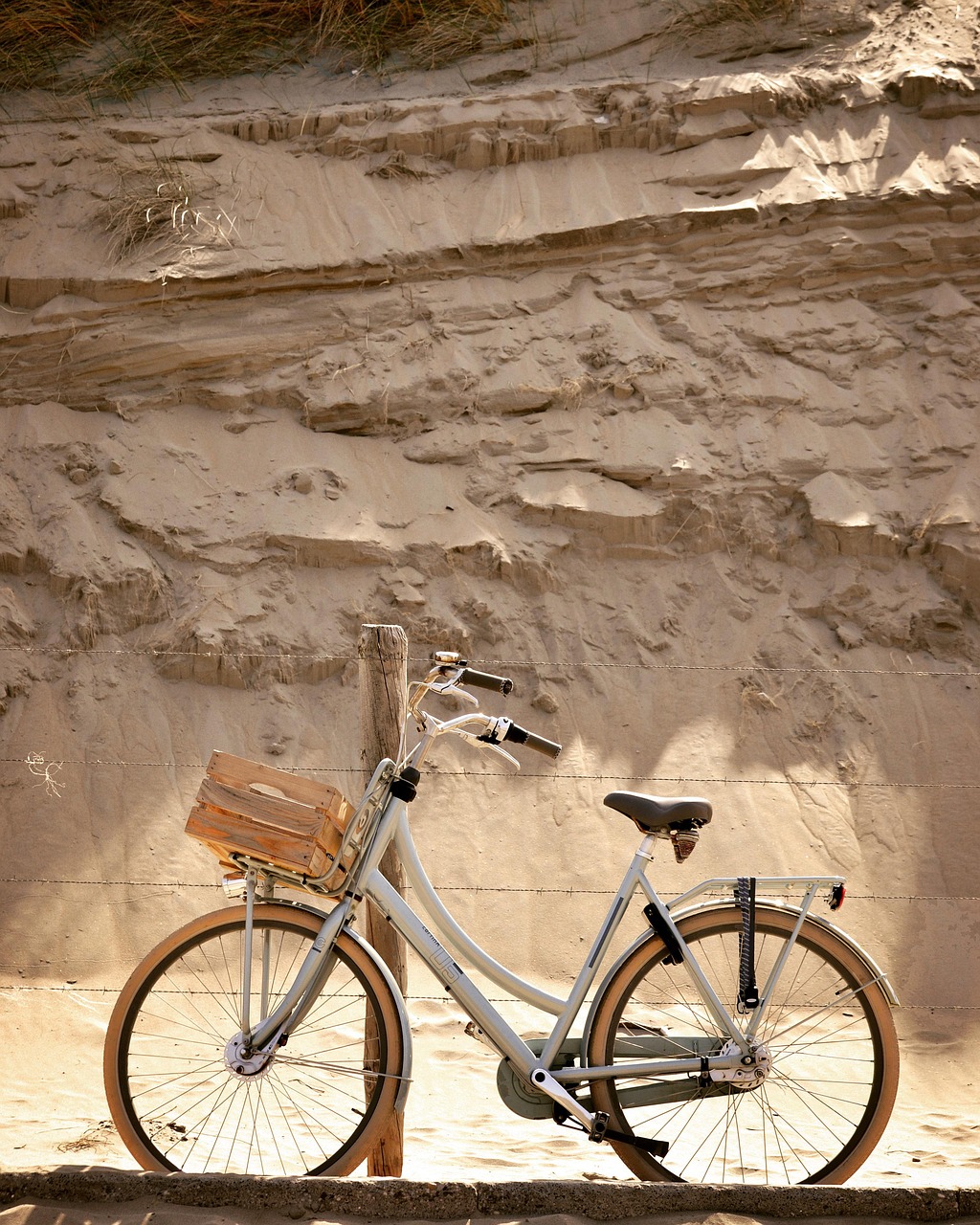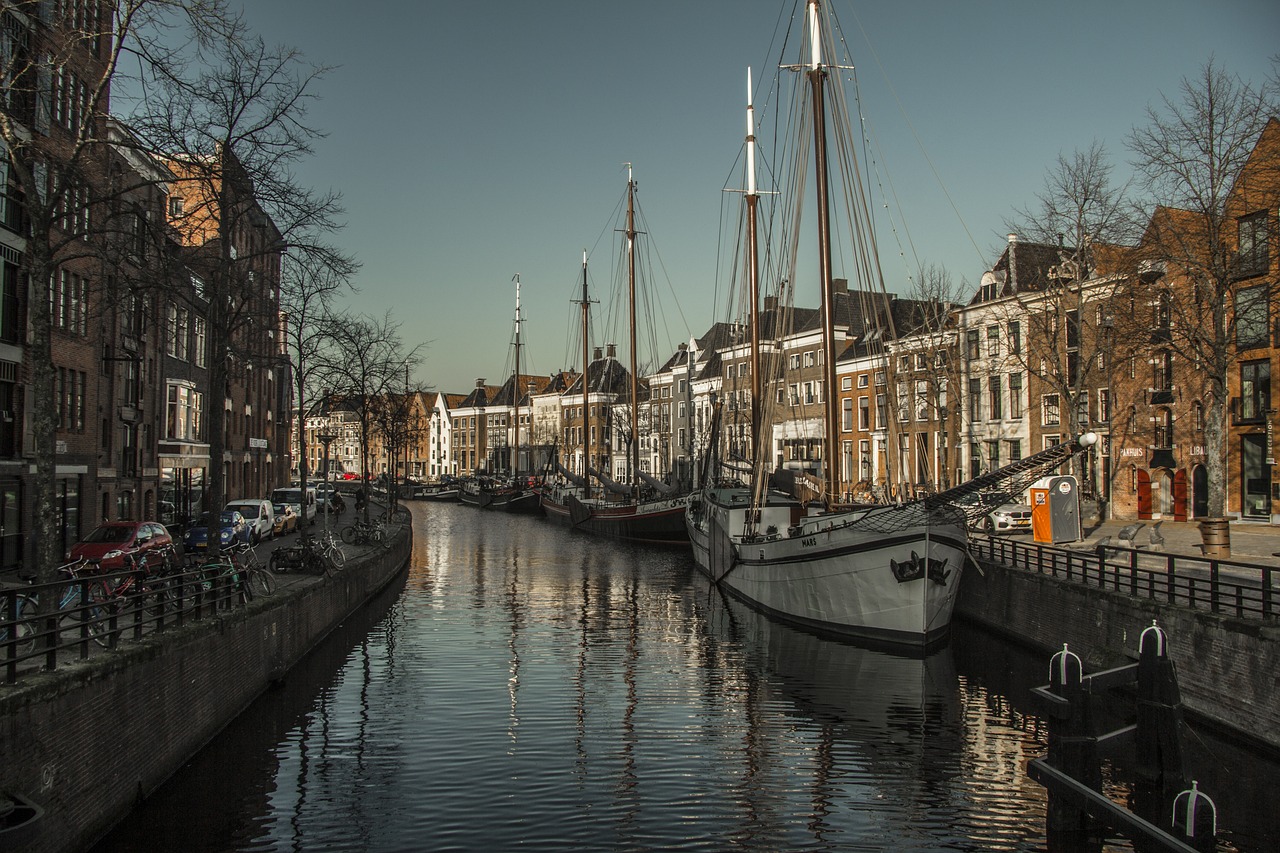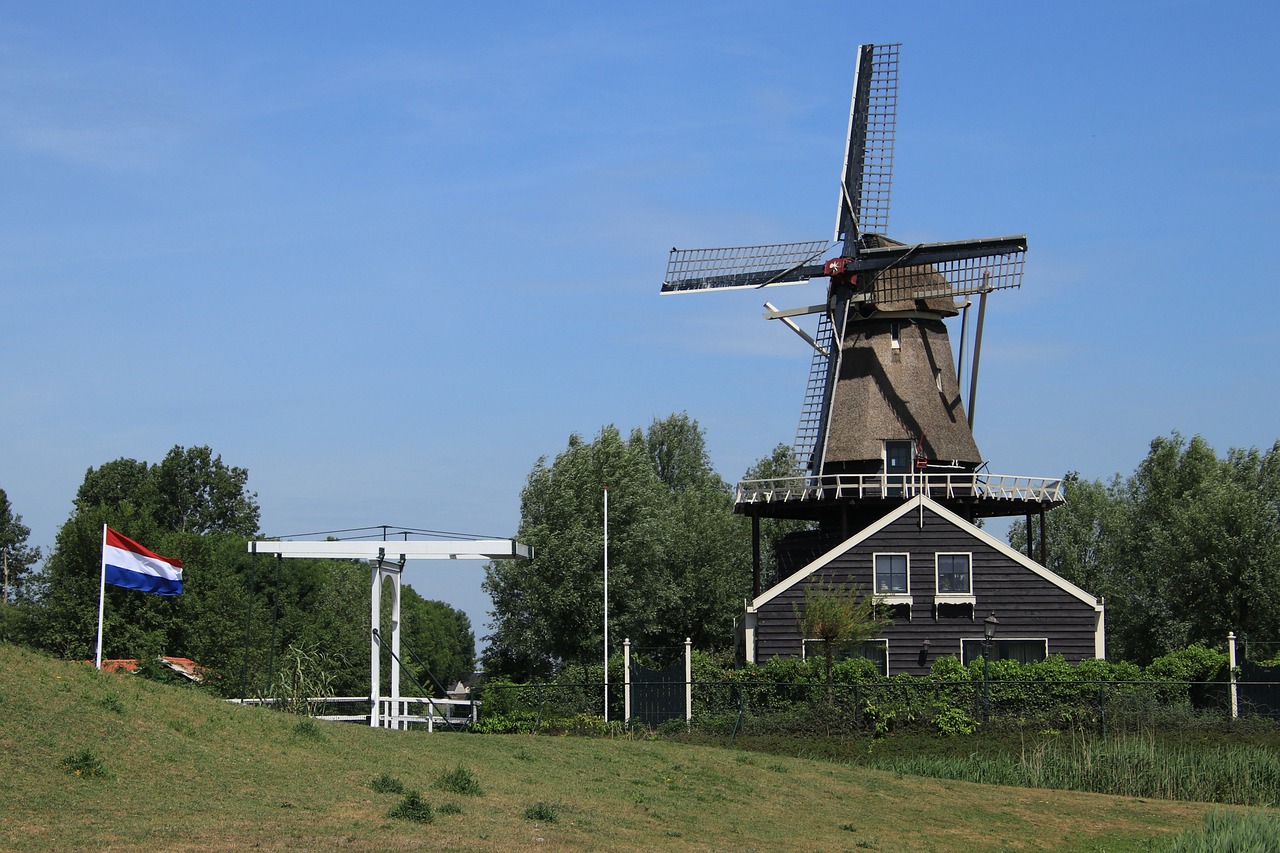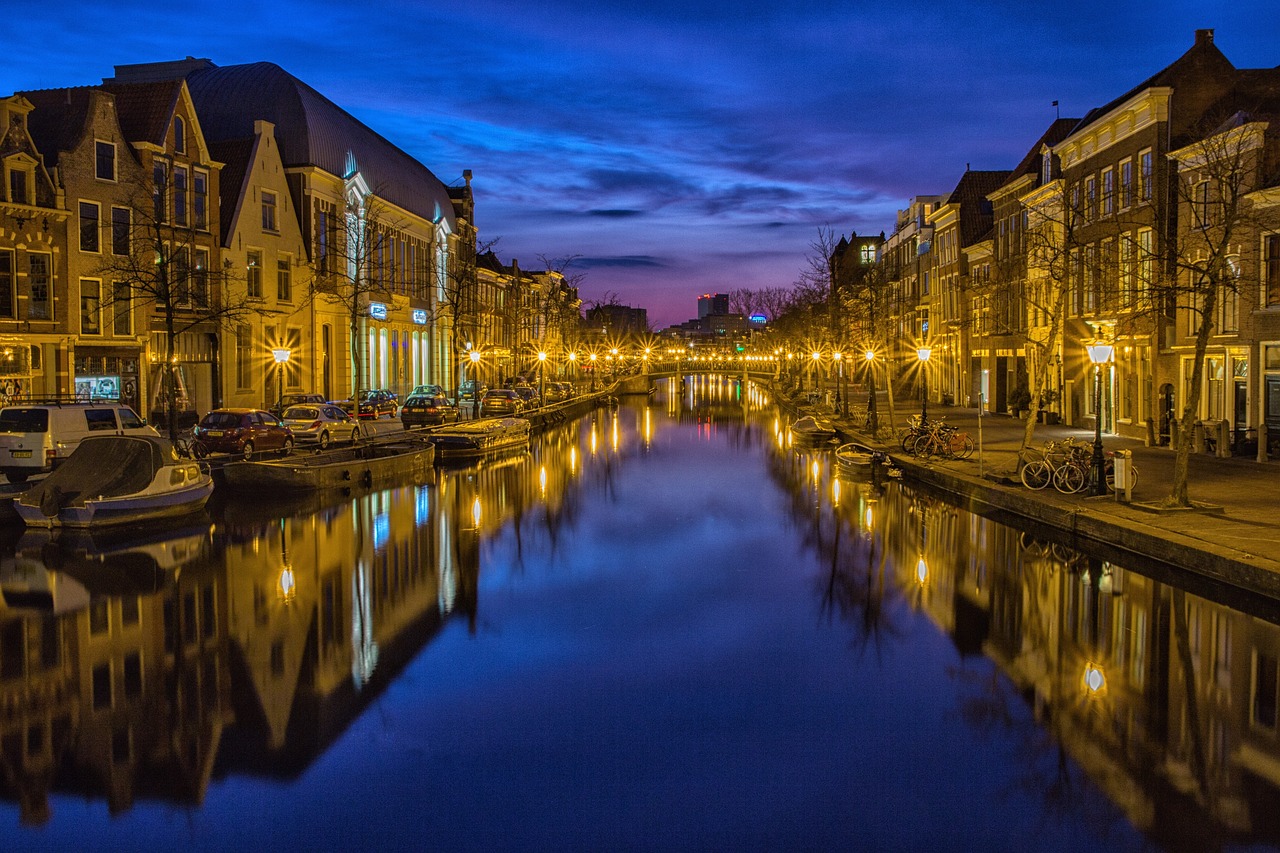Visa and Stay Regulations for Digital Nomads in Netherlands
Digital nomads, individuals who work remotely while traveling, have gained popularity in recent years. The Netherlands, with its vibrant cities, picturesque landscapes, and excellent infrastructure, has become an attractive destination for digital nomads. To ensure a smooth and legal stay in the country, it is essential to understand the visa and stay regulations specifically applicable to digital nomads in the Netherlands.
Visa Exemptions for Short Stays
For digital nomads planning a short stay in the Netherlands, visa exemptions may apply depending on their nationality. Citizens from the European Union (EU), European Economic Area (EEA), and Switzerland can enter and stay in the Netherlands for up to 90 days without a visa. Additionally, citizens of certain countries, such as the United States, Canada, Australia, Japan, and New Zealand, can also enjoy visa-free travel for up to 90 days within a 180-day period.
- EU/EEA/Switzerland citizens: Digital nomads from EU, EEA, and Switzerland can enter and stay in the Netherlands without a visa for up to 90 days.
- Visa-free countries: Citizens of certain countries, including the United States, Canada, Australia, Japan, and New Zealand, can visit the Netherlands for up to 90 days within a 180-day period without a visa.
Long-Term Stay for Digital Nomads
Digital nomads planning to stay in the Netherlands for more than 90 days will need to obtain a long-term visa or residence permit. There are several options available depending on individual circumstances.
- Working Holiday Visa: Some countries have a working holiday agreement with the Netherlands, allowing young digital nomads to work and travel in the country for up to one year. This visa is usually available for individuals aged 18 to 30 or 35, depending on the country.
- Highly Skilled Migrant Program: Digital nomads with specialized skills or working in high-demand sectors may be eligible for the Highly Skilled Migrant Program. This program provides a streamlined process for obtaining a residence permit and allows individuals to work for a specific employer or as a self-employed professional.
- Startup Visa: Entrepreneurs and digital nomads looking to start a business in the Netherlands may qualify for the Startup Visa. This visa allows individuals to stay in the country for one year to launch their startup and can be extended for an additional two years.
- Freelancer Visa: The Netherlands also offers a Freelancer Visa for self-employed individuals, including digital nomads. This visa allows individuals to work as freelancers for various clients while residing in the country.
- Family Reunification: Digital nomads who have immediate family members residing legally in the Netherlands may be eligible for a residence permit under the Family Reunification category.
Registration and Residence Permit
Once in the Netherlands, digital nomads staying for more than four months must register with the local municipality (gemeente) within five days of arrival. This process involves providing personal information, proof of accommodation, and a valid passport. After registration, digital nomads may need to apply for a residence permit, depending on their visa type.
- Residence Permit Application: The specific requirements and application process for a residence permit vary depending on the visa category. Digital nomads should consult the Immigration and Naturalization Service (IND) website or seek professional advice to ensure a smooth application process.
- Biometric Data: As part of the residence permit application process, digital nomads may need to provide biometric data, including fingerprints and a photograph, at an IND office or authorized service provider.
Netherlands Image 1:

Working and Taxes
Digital nomads working in the Netherlands, regardless of their visa or residence permit, are subject to Dutch tax regulations. It is important to understand the tax obligations and ensure compliance to avoid any legal issues.
- Tax Residency: Digital nomads who spend more than 183 days in the Netherlands within a calendar year may be considered tax residents and subject to Dutch income tax on their worldwide income.
- Income Tax and Social Security Contributions: Digital nomads working as employees or self-employed professionals in the Netherlands are generally required to pay income tax and contribute to social security schemes.
- Tax Treaties: The Netherlands has tax treaties with many countries to prevent double taxation. Digital nomads should familiarize themselves with the tax treaty provisions between the Netherlands and their home country to understand their tax obligations and potential benefits.
Healthcare and Insurance
Digital nomads in the Netherlands are required to have health insurance. Depending on their situation, different insurance options are available:
- Basic Health Insurance: All residents of the Netherlands, including digital nomads, are required to have basic health insurance (basisverzekering). This insurance covers essential medical care and is mandatory for anyone residing or working in the country.
- Private Health Insurance: Digital nomads who are not eligible for the basic health insurance, such as those on a short-term visa or without a residence permit, may need to obtain private health insurance to ensure comprehensive coverage.
Netherlands Image 2:

Banking and Finances
Digital nomads in the Netherlands may find it beneficial to open a local bank account for ease of financial transactions and managing expenses. To open a bank account, the following documents are typically required:
- Valid Passport: Digital nomads should have a valid passport as identification.
- Proof of Address: Proof of address, such as a rental agreement or utility bill, may be required to open a bank account.
- Residence Permit: Depending on the bank’s policies, a residence permit may be necessary for non-EU/EEA/Swiss citizens.
Cost of Living
The cost of living in the Netherlands varies depending on the location and personal lifestyle choices. Major cities like Amsterdam and Rotterdam tend to have higher living costs compared to smaller towns or rural areas. Some key factors influencing the cost of living include accommodation, transportation, food, and entertainment.
- Accommodation: Renting an apartment or house in urban areas can be expensive, while shared accommodation or living in smaller towns may offer more affordable options.
- Transportation: The Netherlands has an extensive public transportation system, and digital nomads can choose between trains, buses, trams, and bicycles as their preferred mode of transportation.
- Food: Eating out at restaurants or cafes can be costly, but cooking at home or opting for local markets can help save money.
- Entertainment: The Netherlands offers a wide range of cultural activities, museums, and nightlife options. Digital nomads can explore affordable or free events and attractions to manage their entertainment expenses.
Netherlands Image 3:

Conclusion
The Netherlands provides a welcoming environment for digital nomads, with various visa and stay options to suit individual needs. By understanding the applicable regulations, including visa exemptions, long-term stay options, registration procedures, taxation, healthcare, and banking, digital nomads can enjoy a seamless experience while working and exploring this beautiful country.
References
– Immigration and Naturalization Service (IND): www.ind.nl
– Dutch Tax and Customs Administration: www.belastingdienst.nl
– Dutch Government: www.government.nl
– Dutch Healthcare Authority: www.nza.nl

